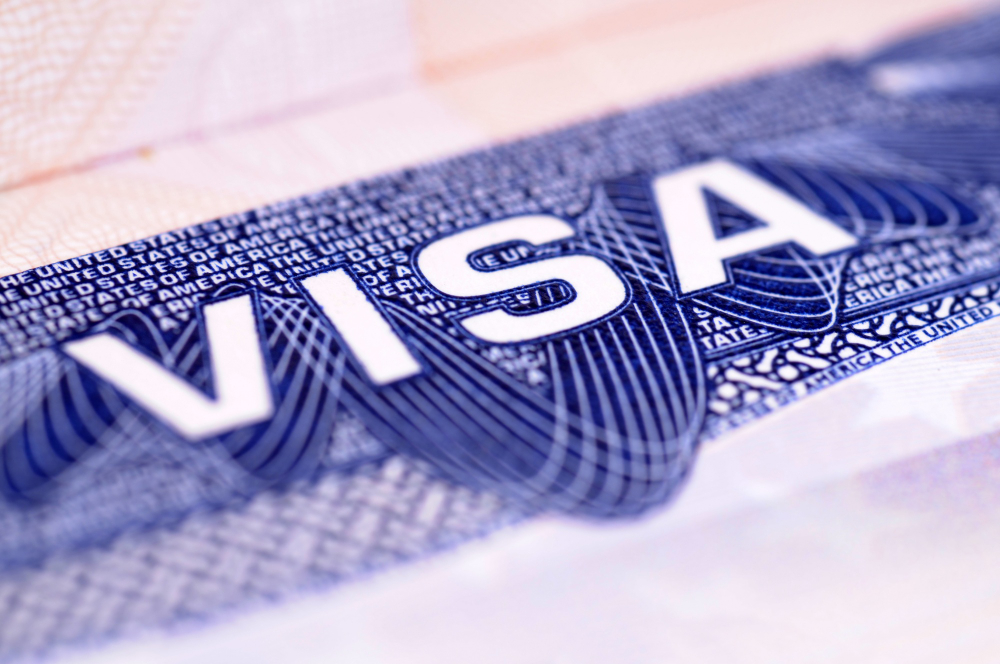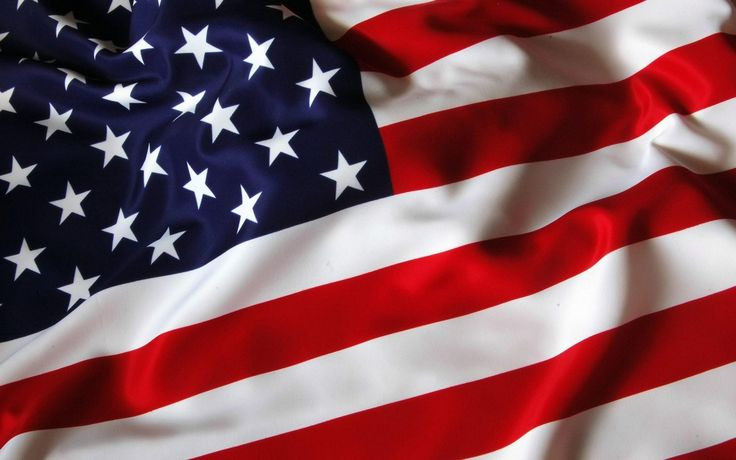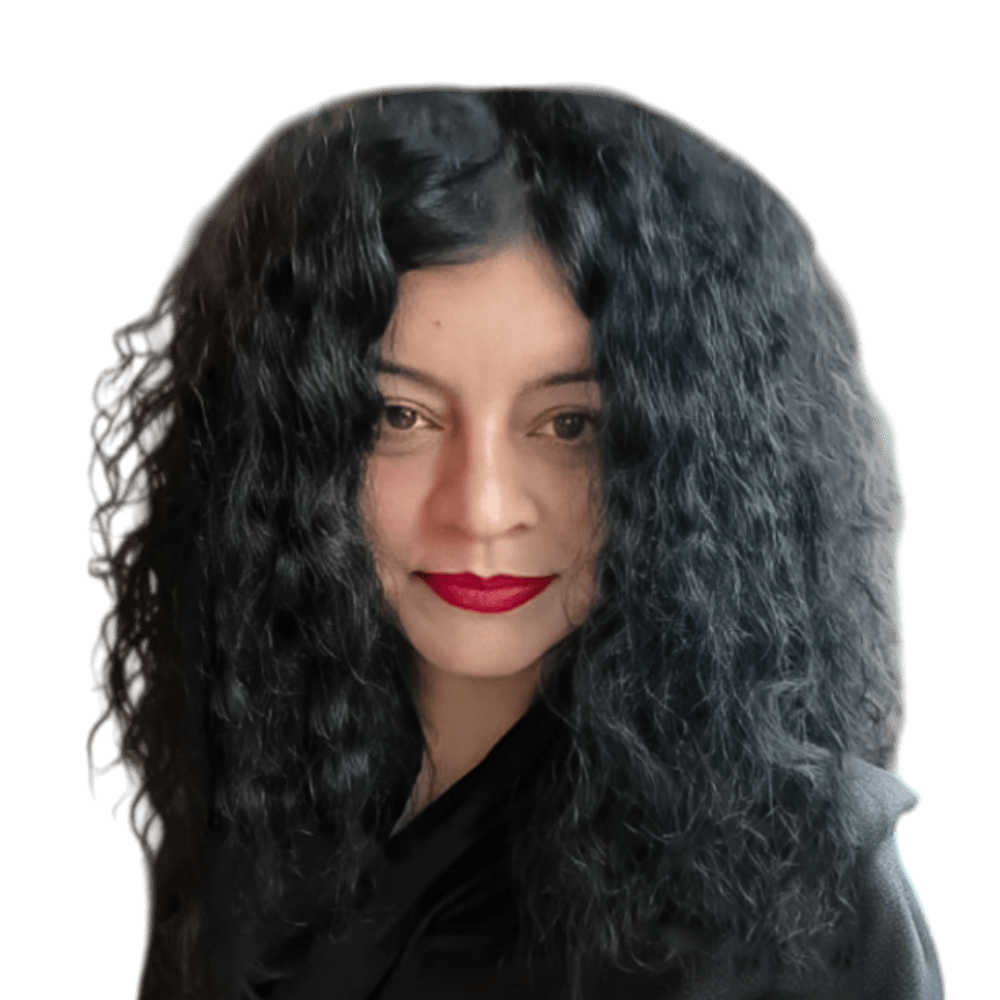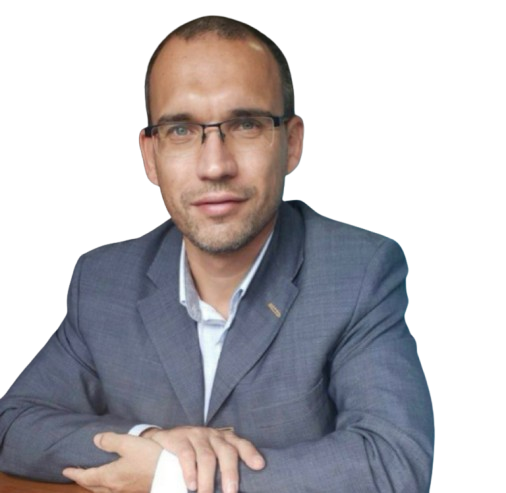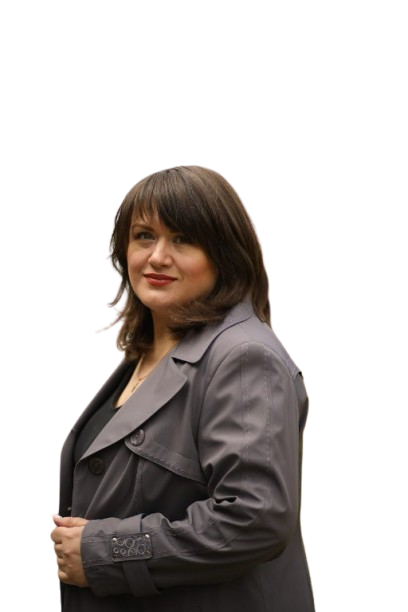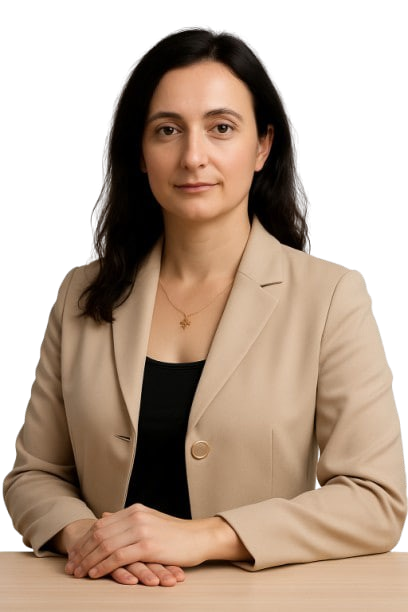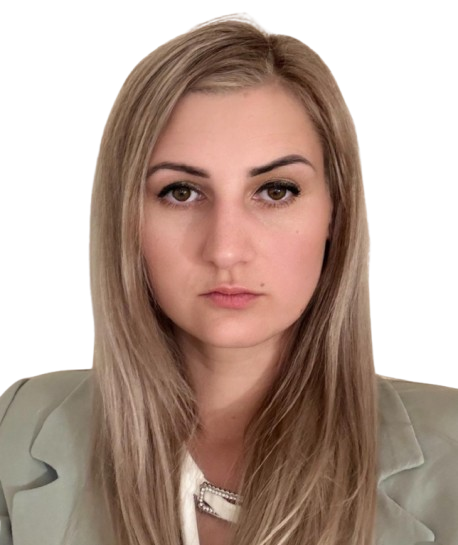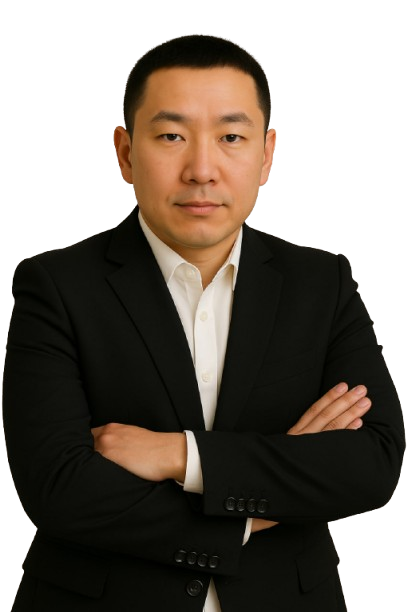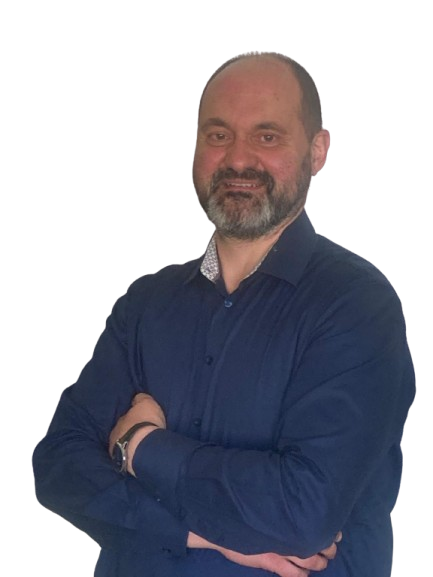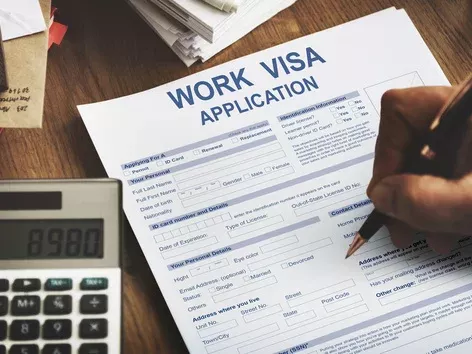With over 20 years of experience in Business and Commercial Law, I have advised global clients across sectors, from consulting for major firms like Booz Allen Hamilton to defending intellectual property for brands such as Procter & Gamble. My international legal practice includes extensive collaboration with organizations like the EBRD, EU, World Bank, and IFC, providing strategic legal insight in complex, high-stakes environments.
One of the most remarkable cases in my practice was obtaining an O-1 visa for a client from Ukraine — a talented game designer who had spent several years working on internationally recognized projects. This case not only highlights the importance of thorough document preparation, but also proves that real talent, backed by competent legal support, can overcome even the strictest requirements of the U.S. immigration system.
Background Information
My client is a video game development specialist with over 10 years of experience. His portfolio included participation in the creation of several commercially successful games, one of which was listed in the "Top 10 Indie Games" by a respected American media outlet. At the time of contacting me, he was working as a lead game designer at an international company and had received a collaboration offer from an innovative studio based in California.
The invitation involved a position that entailed not only participation in the development of new products, but also creative leadership over game concepts positioned as breakthrough innovations in the industry. As such, we decided to apply for an O-1 nonimmigrant visa — a visa for individuals with extraordinary abilities in the arts.
Key Challenges
The most challenging aspect of this case was proving that work in game design falls under the category of "arts" as defined by U.S. immigration law, and that the client had extraordinary achievements that distinguished him from other professionals in the field.
Although the game design industry is officially recognized as part of the creative economy, immigration officers usually require a particularly strong body of evidence. That is why we focused on carefully documenting his contributions, expertise, and public recognition.
Legal Strategy
We prepared the evidence package in accordance with the criteria USCIS applies to artists, including:
- Participation in projects of national and international importance. We provided evidence that the client worked on games featured in global rankings and reviewed by major media outlets such as IGN and GameSpot.
- Presence of professional awards. We submitted copies of certificates and reviews confirming that the client received awards in the independent game development field, including the Indie Awards.
- Media publications about the client and his work. We submitted articles from reputable online resources dedicated to game design that mentioned the client's name.
- Expert opinions. We collected 8 letters of recommendation from leading experts in Ukraine, the U.S., and the U.K. confirming the client’s high level of expertise, creativity, and impact on the industry.
- Evidence of impact and contribution to the industry. We demonstrated that the game mechanics developed by the client were used by other studios as educational examples and served as inspiration for professionals worldwide.
Petition Submission
We worked closely with the U.S.-based host studio, which acted as the petitioner. In the petition, we emphasized the uniqueness of the proposed position, stated that no other candidate could fulfill the responsibilities as effectively, and explained why this particular expert was essential to the company.
Additionally, we submitted evidence of the company’s financial stability, its market status, and the scale of the upcoming project.
Result
The O-1 visa was approved 11 days after the petition was submitted under Premium Processing. This confirmed that a well-prepared document package and the right strategy can make even a complex case straightforward.
The client is now in the U.S. and successfully working on the launch of a new gaming product. His involvement in the project has received positive media coverage in industry publications, and the employer is already planning to extend the contract with a subsequent O-1 renewal.
Obtaining an O-1 visa is not just about filling out forms and gathering documents. It is a strategic process of shaping the image of the applicant as an “extraordinary talent” in the eyes of the U.S. immigration authorities. This case proves that even in a highly specialized field such as game design, success is achievable when approached with professionalism, consistency, and a deep understanding of legal requirements.


